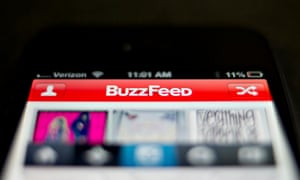How live video on Periscope helped 'get inside' the Syrian refugees story
Bild reporter Paul Ronzheimer travelled across Europe live-streaming interviews. His broadcasts often focused on individual refugees, with several reappearing regularly to talk about their experience. Ronzheimer says that the unedited nature of the live broadcasts was an important factor. He adds that he feels he was able to get “inside the story” in a way that would have been tougher with a camera crew. Indeed, at points in the journey, they would not have been allowed to film. “Everybody has smartphones now, so with my small iPhone camera I was able to film without it being obvious that I was media,” he says – referring to border authorities, as the refugees he was travelling with were fully aware of his work.
This article shows how user generated content has become a medium where people can report where a whole camera crew isn't available. This also shows how citizen journalism allows people to witness and see news that aren't reported by big institutions. Also, with the USG, it makes the story of the refugees more raw and realistic.
Photographer Eric Pickersgill’s series shows people without their phones and tablets resulting in phantom-like portraits of adults and children staring at their hands. Their ‘lifelines’ lost as their connection with the world is severed. If you have any stories or images of what it was like before smartphones, we’d like to hear from you.
hat are your memories of life before smartphones? Did you have more face-to-face conversations? How do you think life differed between then and now? Do you think people are happier now? What has been lost - if anything? The online world is literally at our fingertips - emails are a mere swipe away and videos are accessible with a touch.

This article really shows how technology has become such an important aspect of peoples lives. The questions posed in this article really expose how the standard of communication as well as life style has changed with the development of technology. This shows how people are connected online but in reality people have grown to disconnect.

